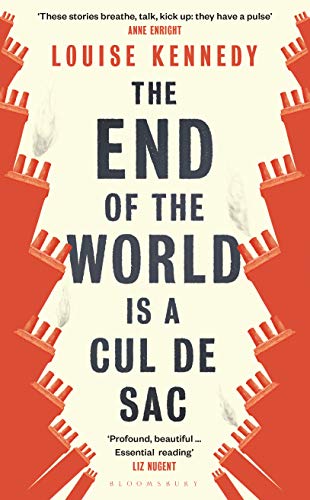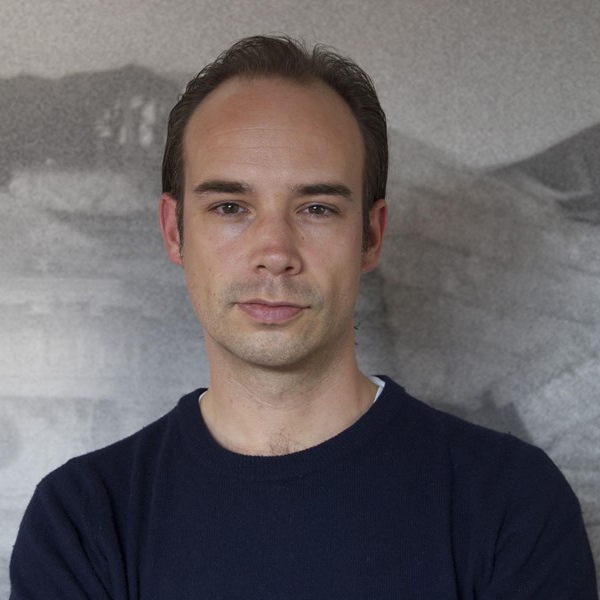Compiled by Michael Bird
What are you reading this month? Our team of international volunteers at Bandit Fiction share with us the highs and lows of the current book scene. Keeping reading to learn what Bandit volunteers find engrossing or disappointing about their choice of novels, poetry and memoirs.
- Korean Poetry and Han Kang’s White Book
I like to leaf through The Columbia Anthology of Modern Korean Poetry and Azaleas, a collection of poems by Kim Sowol. It’s not exactly light reading. Like Sowol, many of the poets featured in the anthology lived through the Japanese occupation (1910-1945) and found an admiringly beautiful language to express their grief and fury at their oppression. I am intrigued by Korean literature. How do you describe Han Kang’s White Book? Is it a memoir? Some kind of prose poetry? Perhaps a literary album? The Guardian called it a “mysterious text”, but it is also illuminating, in a way, about this extraordinary writer. If you haven’t read Human Acts yet, do.
Tam Ho (Toulouse, France)
- ‘How Green Was My Valley’ by Richard Llewellyn
This is a novel which feels very comforting and is a lovely cosy read. It has an undertone of nostalgia all the way through it as our narrator Huw looks back on his childhood growing up in a mining family in the Welsh valleys. It contains a lot of passages reflecting on life and time, as well as little treasures such as the joy of a cup of tea. The author portrays family life and the sense of community in the valleys in such a way as to make you wish you had been part of it, with large, upbeat gatherings, homemade blackberry pies and everyone doing their bit. The descriptions of Huw’s brothers’ romantic relationships just can’t help but make you laugh and smile. Huw and his family are feisty and courageous, however there is a sense of foreboding sadness which makes me intrigued to find out how the rest of the story unfolds.
Emma O’Neill (Belfast, Northern Ireland)
- ‘The Metal Heart’ by Caroline Lea
This is a historical fiction novel based in the Orkney islands during the Second World War. The actual history it’s based upon is really interesting – there’s a chapel in Orkney built out of two prisoner of war huts, decorated by the Italian prisoners on the island, using scraps such as corned beef tins to make the light holders – so the book has a solid foundation to build from. It’s very fluidly written and engaging right from the start. Stunning imagery throughout (fitting for Orkney) and very well paced, making it a nice easy read.
Zoë Wells (Geneva, Switzerland)
- ‘Spinning Silver’ by Naomi Novik
This is a dark and thoughtful retelling of Rumpelstiltskin. Our protagonist, Miryem, is the daughter and granddaughter of moneylenders, but no one in her village paid their debts, leaving her family impoverished. She improves her family’s circumstance by becoming the moneylender of her village and demanding that the debts be repaid. As her family’s situation improves, the King of the Staryk, a magical people who live in a land of ice, challenges Miryem to transform all of their silver into gold. Miryem allies with Wanda and Irina, the daughter of a poor farmer and a newly-wed Tsarina respectively, in an attempt to save their kingdoms and families from the Staryk. There’s so much to this story, more than I can say here. I love how rich the story is in its worldbuilding, and I respect how Novik takes every opportunity to subvert the fairytale tropes she’s exploring while also remaining true to the source material. She’s a fabulous author who expands what our understanding of fantasy can be, and I’m excited to see how the story ends!
AJ Martin (Connecticut, USA)
- ‘The Infinite and The Divine’ by Robert Rath
A book about interpersonal conflict on a galactic scale; the forces the characters wield are utterly beyond our comprehension, but the struggles they face with their goals and peers are easily relatable to the common man in the modern day. All in all an extremely interesting read, with the added benefit of a fantastically well-voiced audiobook by Johnathan Keeble.
Daniel Hubbard (Wolverhampton, UK)
- ‘The End of the World is a Cul-de-Sac’ by Louise Kennedy
This is so gobsmacking brilliant, it’s no wonder it’s earned rave reviews. It’s earthy, brutal, emotional, human and, in places, loving. Kennedy has an extraordinary ability to create the texture and depth of a novel in her short stories. The writing is unadorned but complex, weighted with meaning and searing humanity. I’m also reading Boys Don’t Cry by another Irish writer Fiona Scarlett, which is the devastating and beautifully told two-voiced story of two brothers. What an amazing talent.
Shannon Savvas (Cyprus)

- ‘Karla and the Sun’ by Kazuo Ishiguro
When Kazuo Ishigiro writes bad novels, they still demand to be read, as he is a master at eliciting tension from the mundane, and showing horror in the everyday. Typically, he follows a naive protagonist who has to confront a tragic destiny, or bear witness to disaster. When this works—such as in Remains of the Day and Never Let Me Go—he can spin these themes through historical and science fiction. When this doesn’t—such as in When We Were Orphans and The Unconsoled—he still belts the reader with an emotional punch that makes them forget self-indulgent passages where nothing happened for dozens of pages. The 2017 Nobel Prize Winner’s latest is narrated by Karla, the robot companion of a sick teenage girl, who believes she can make a pact with the sun to save the child’s life. This hybrid of Blade Runner and The Fault in Our Stars has a pretty ludicrous set-up and moments which test the readers’ credulity, even when they’ve bought into the idea of a shop-window dummy as a metaphysical narrator. The sparse prose does capture the potential thought patterns of an artificially intelligent being, but Ishiguro plays down whether any of this technology is feasible. This is not a book about science. Robots are used as an allegory to explore what it means to be human.
Michael Bird (Bucharest, Romania)
Interested in sharing your reading list with us? We want to hear from you on the books you’re reading, and what you love and hate about them. We want honesty. Variety. As many different voices as possible, from as many different places.
All you need to do is tell us which novel, short story, poem, anthology, or creative non-fiction you’re reading and two or three sentences about what you think. Send us an email on banditfiction@gmail.com, or leave a comment below, and we’ll include you in next month’s reading list.
About the Contributor

Michael Bird (he/him) is a Romania-based writer and journalist, with stories published by Bristol Short Story Prize, Storgy, The University of Huddersfield Press and Bandit Fiction, among others. As a journalist, he has investigated the last convicted vampire hunter in Romania, Donald Trump’s dealings with Kazakh oligarchs, home-made killer drugs in Georgia, and, currently, how Covid-19 spreads among migrant workers in meat-packing factories across Europe. https://michaelbirdjournalist.wordpress.com















Leave a Reply